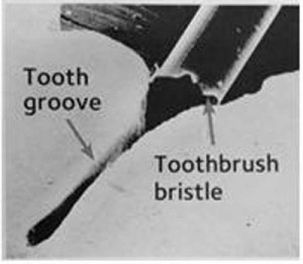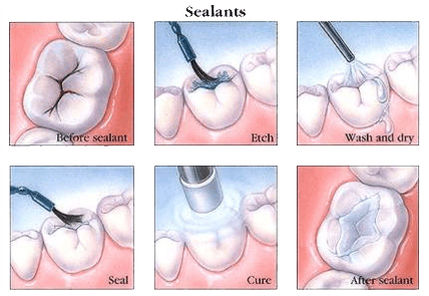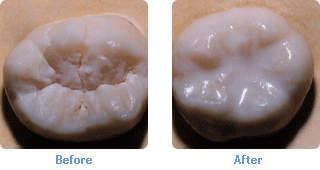The last time you were browsing Pinterest or Instagram, you might have seen an ad for one of the hippest new health trends: Activated charcoal toothpaste. Made from coal, wood, and other substances, activated charcoal has started popping up as a miracle cure in everything from soap to lotion. But this stuff should never come into contact with your teeth—and here’s why from Dr. Hansen, our Apex NC dentist.
What is activated charcoal?
Activated charcoal is made primarily from coal and wood, but can also contain other burned things, like coconut shells and bones. It becomes “activated” when high temperatures combine with a gas or activating agent to expand its surface area. Traditionally, charcoal has been used to treat poisoning and drug overdoses, as far back as ancient times. When a person ingests activated charcoal, drugs and toxins bind to it, keeping them from being absorbed into the bloodstream. Many people believe that it absorbs other “toxins”, too.
Why shouldn’t charcoal be used on teeth?
There has been very little evidence of charcoal toothpaste’s safety and effectiveness. In September 2017, the American Dental Association (ADA) published a peer-reviewed scientific literature review stating that researchers found little evidence that charcoal reduces bacteria, prevents cavities, or even reduces tooth stains. Researchers even pointed out some possible carcinogenic ingredients in charcoal and in clay that are found in some of these toothpastes that could be damaging to human health.
What we do know about charcoal toothpaste
While more research might contradict previous studies’ findings, there is something we do know about activated charcoal: it’s extremely abrasive on teeth. That means it can easily damage your enamel, exposing the sensitive dentin beneath. Since dentin is naturally yellow, this means that charcoal toothpaste won’t make your teeth appear white; on the contrary, it will make them look more stained. And once your enamel isn’t protecting your teeth anymore, your cosmetic appearance will be the least of your problems—anything hot, cold, hard, or acidic will be extremely painful!
Get the best solution for teeth whitening with our Apex cosmetic dentist
If you want to have whiter teeth, the most effective, safe and long-lasting whitening method is using custom whitening trays made by a dentist, or some other professional whitening method. If you use charcoal toothpaste, you might as well brush your teeth with sand—so be sure to book an appointment with our Apex dentist today.




 How long do sealants lasts?
How long do sealants lasts?